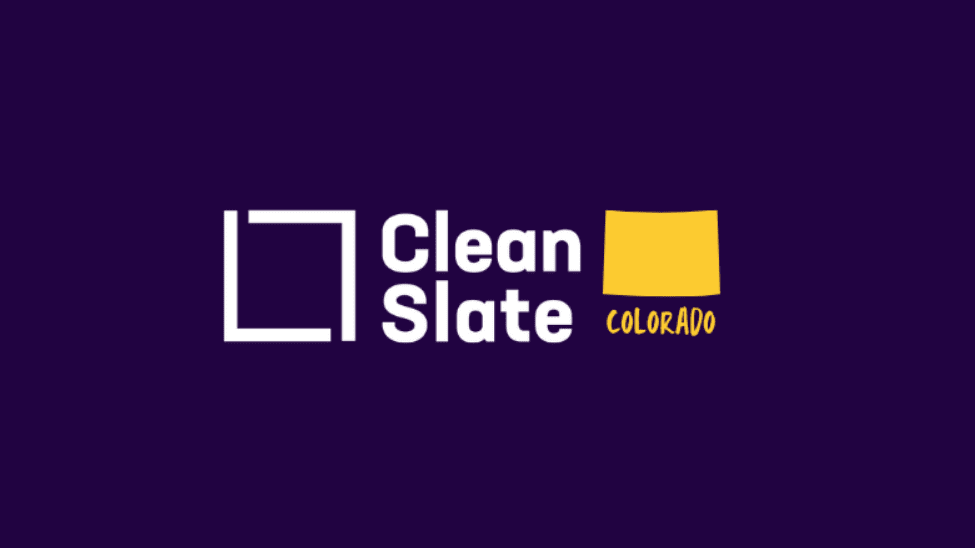Colorado health advocates presented to the Joint Budget Committee on glitch-plagued Public Health Emergency Unwind.
Recent articles
2024 Legislative session: addressing economic challenges at the individual and state level
Addressing economic challenges at the individual and state level after the 2024 Colorado legislative session.
CCLP’s 2024 legislative wrap-up, part 2
CCLP's 2024 legislative wrap-up focused on expanding access to justice, removing administrative burden, supporting progressive tax and wage policies, preserving affordable communities, and reducing health care costs. Part 2/2.
CCLP’s 2024 legislative wrap-up, part 1
CCLP's 2024 legislative wrap-up focused on expanding access to justice, removing administrative burden, supporting progressive tax and wage policies, preserving affordable communities, and reducing health care costs.
CCLP testifies in support of Clean Slate updates

On Friday, May 3, 2024, Bethany Pray, CCLP’s Chief Legal and Policy Officer, provided testimony to the Senate Judiciary Committee in support of House Bill 24-1133, Criminal Record Sealing & Expungement Changes. CCLP is in support of HB24-1133, as it is one of our priority bills.
Good afternoon Mr. Chair and committee members,
My name is Bethany Pray and I’m Chief Legal and Policy Officer at the Colorado Center on Law and Policy, an anti-poverty organization dedicated to improving access to affordable housing, employment, healthcare services and good nutrition.
CCLP strongly supports HB24-1133. This bill makes technical clarifications that improve Coloradans’ ability to seal records; community members, the advocates who work with them, and state partners have collaborated closely over the last 6 months. Many recent House amendments were designed to reduce burdens on state agencies and to limit fiscal impact.
Record-sealing supports greater economic opportunity that benefits families, communities and Colorado’s tax base. Record checks are ubiquitous, affecting jobs, mortgage applications, and more. We’ve seen, due to a commitment to greater transparency by thirteen Colorado judicial districts, that records have disproportionate impact on Black and Hispanic Coloradans, who are more likely to face arrest and less likely to have charges dismissed or reduced. That disproportionality has long-term, generational impact. And sealing can change that trajectory: one Michigan study found that individuals’ average quarterly wages rose by about 22% just in the first year of their automated process.
We strongly supported Senate Bill 099 in 2022 and continue to collaborate on ways to reduce the burden of sealing processes on individuals and on state courts and agencies. The automated process is just getting underway this spring, and partners in the Clean Slate Coalition are eager to continue meeting with state partners this summer and beyond, with expert assistance offered by the national group Code for America, and to identify technology and process solutions.
In conclusion, we appreciate your support today for HB24-1133 as we move toward full implementation of state record-sealing practices. You should have compelling written testimony before you about the impact of record sealing for people in the community and I urge you to consider that as well. If there are technical questions, I’m happy to answer those.
Sincerely,
Bethany Pray
Chief Legal and Policy Officer
Colorado Center on Law and Policy
Note:
That automated process begins this year, with a list of cases scheduled to be sealed in July 2024 for drug convictions, misdemeanors, and petty offenses; automated sealing of felony convictions is to follow in July 2025.
Update 5/7/2024: HB24-1133 has passed the House and Senate on May 6, 2024, and is on to signatures.

